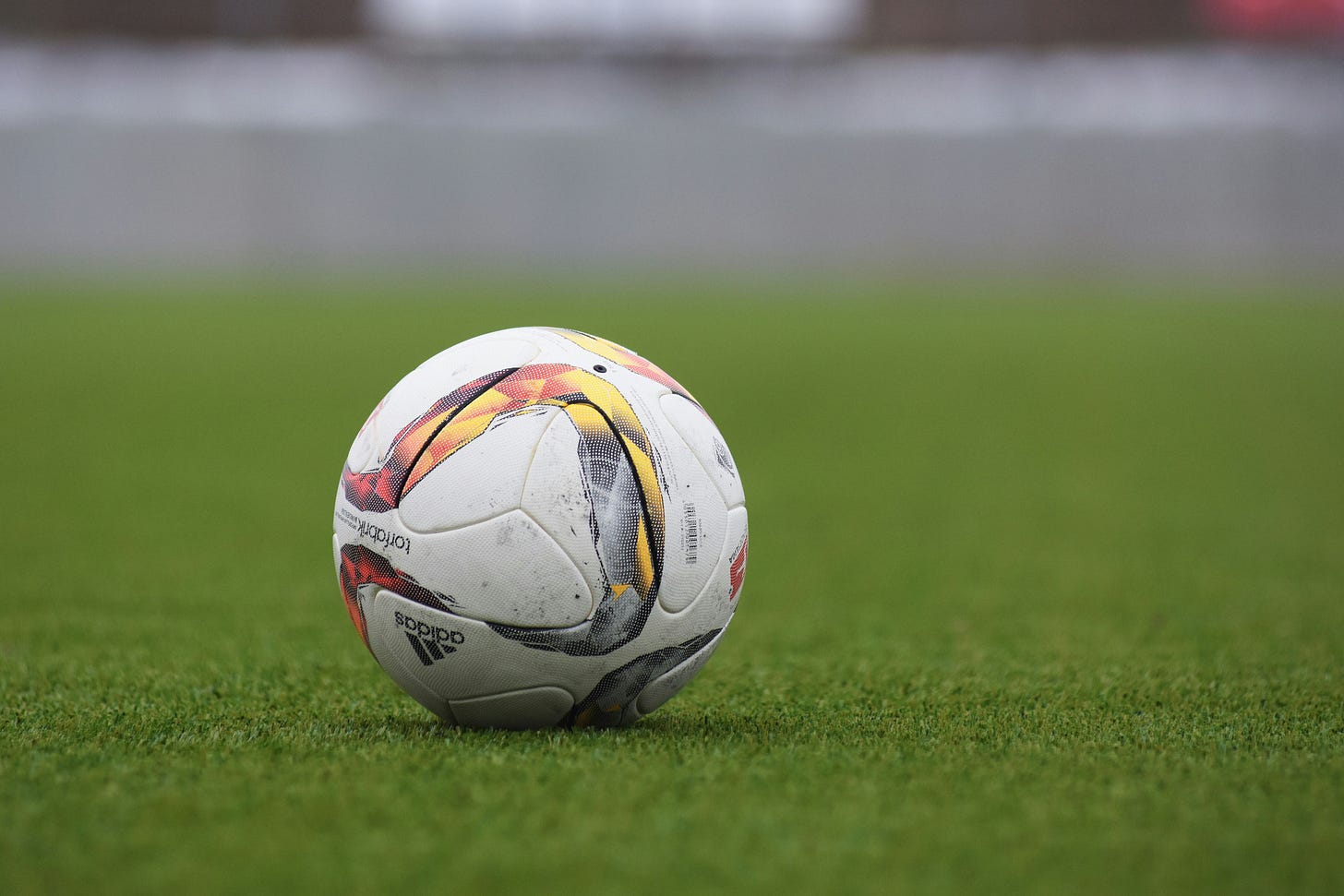Bafana Bafana’s upcoming October internationals will fall under increased scrutiny following Minister of Sports, Art and Culture Gayton McKenzie’s public declaration of uncertainty regarding his belief in the team and its running by the South African Football Association. The national football team will continue its Africa Cup of Nations qualifying campaign against Congo in Gqeberha on the 11th of October, before a return fixture in Brazzaville four days on, as coach Hugo Broos’s squad meets up for the first time since McKenzie spoke on his lack of confidence during the previous international window.

The fairly recently-appointed Minister has not been shy in voicing his opinion on the state of South African football, having openly declared the need for video assistant referees (VAR) in the country after the Betway Premiership match between Kaizer Chiefs and Mamelodi Sundowns. McKenzie announced his intent to meet with the league, as well as SAFA, regarding the implementation of the technology via X, reiterating his keenness to make a mark on the sport in South Africa. Stepping too far, though, could result in unwanted circumstances on the international stage. If McKenzie does make himself involved in the running of SAFA—as his comments on the 9th of September suggested—the national team may face a suspension from FIFA, world football’s governing body.
Those comments came in the wake of South Africa’s 2-2 draw against Uganda in Johannesburg, the side’s first match in qualification for the 2025 edition of AFCON—and one that Bafana Bafana only avoided losing through an injury-time goal from Thalente Mbatha. The day after McKenzie’s inauspicious remark, the side secured a 3-2 victory in their second qualifying game, away in South Sudan. South Africa had to come from behind, though, after going a goal down within 15 minutes, and once again snatched the result in stoppage time—again thanks to Mbatha. The unbeaten start appears positive—however, the results at face value belie the discomfort of the performances.
At 59th in the world, Bafana Bafana are the highest-ranked nation by a distance in their qualifying group according to FIFA’s World Rankings. In comparison, Uganda are 90th and South Sudan 172nd. While the Rankings do not predetermine the outcome of any match, consistently unconvincing performances against far lower-ranked sides do lend some credence to McKenzie’s concern. Upcoming opponents Congo, 117th in the world, represent another country that should in theory be beatable—more so after their 2-0 defeat to Uganda—but theoretical victories have not recently translated into surefire results for Bafana Bafana. The top-ranked team in the group, the South Africans were also the only of the four sides to qualify for last year’s AFCON in the Ivory Coast, where they went as far as the semi-finals—knocking out 2022 FIFA World Cup semi-finalists Morocco on their way.
While this would bode well for the current qualification campaign, success is not a given. South Africa reached the quarter-finals of the 2019 Cup of Nations before failing to secure a spot at the 2021 edition, finishing third below Ghana and Sudan in their qualifying group. A repeat of such an outcome would, per McKenzie’s statement, be unacceptable and result in their failure to meet one of the two clear requirements that he has established for SAFA President Danny Jordaan. Successful qualifications for the upcoming continental championship and the expanded 48-team 2026 World Cup are the Minister’s minimum expectations for the national team.
While the next World Cup does represent an opportunity for 16 more nations, South Africa last participated in the tournament in 2010—by virtue of hosting it. They last completed a successful qualifying campaign in 2002. The team’s current 14-year absence from the sport’s most prestigious tournament is its longest since FIFA lifted its ban from international competition in 1991. This expulsion, which had lasted since 1976, came as a result of the apartheid government’s refusal to allow racially-mixed teams to represent the country and is one of numerous historical precedents for FIFA suspensions due to government interference with national football associations.
A University of Cape Town law student and football enthusiast pointed out, “Article 19 of the FIFA Statute, outlines that each member association shall manage its affairs independently and without undue influence.” They continued, saying, “We can conclude that [McKenzie’s] conduct has gone against Article 19.” Both Kenya and Zimbabwe had their FIFA memberships suspended after their national governments acted in breach of the statute as recently as February 2022—meaning withdrawal of funding and a ban from any FIFA or Confederation of African Football (CAF) matches. During the last two decades, Guatemala, Kuwait, Nigeria, Iraq, Indonesia, and Bosnia and Herzegovina have all endured suspensions as a result of this law—ranging from only several weeks to over two years in the case of Kuwait.
While McKenzie’s dissatisfaction with the national team may be reasonably founded, taking too far a step into the affairs of SAFA would conflict with FIFA regulations. Whether his noise-making has dialed up the pressure sufficiently for a significant upturn in performances is yet to be seen, but regardless of October’s results against Congo, the Minister would be wise to remain in his place.



